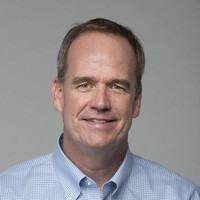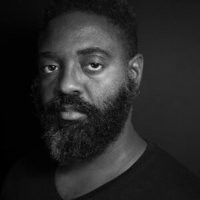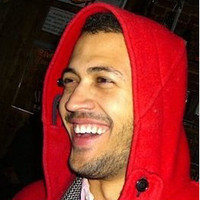Young German Artists Boldly Define the 'New Jew'
Creating an identity that’s no longer tied to the past.
Monsters occasionally assume a completely unexpected appearance. All of a sudden, Adolf Hitler is standing onstage wearing an Adidas tracksuit and flip-flops, and his name isn't Hitler; it's Oliver Polak. And the monster isn't really Adolf Hitler, either; it's the audience's laughter. It starts with a sputter, like something trying to break free from its restraints. But then it bursts out as if suddenly liberated.















